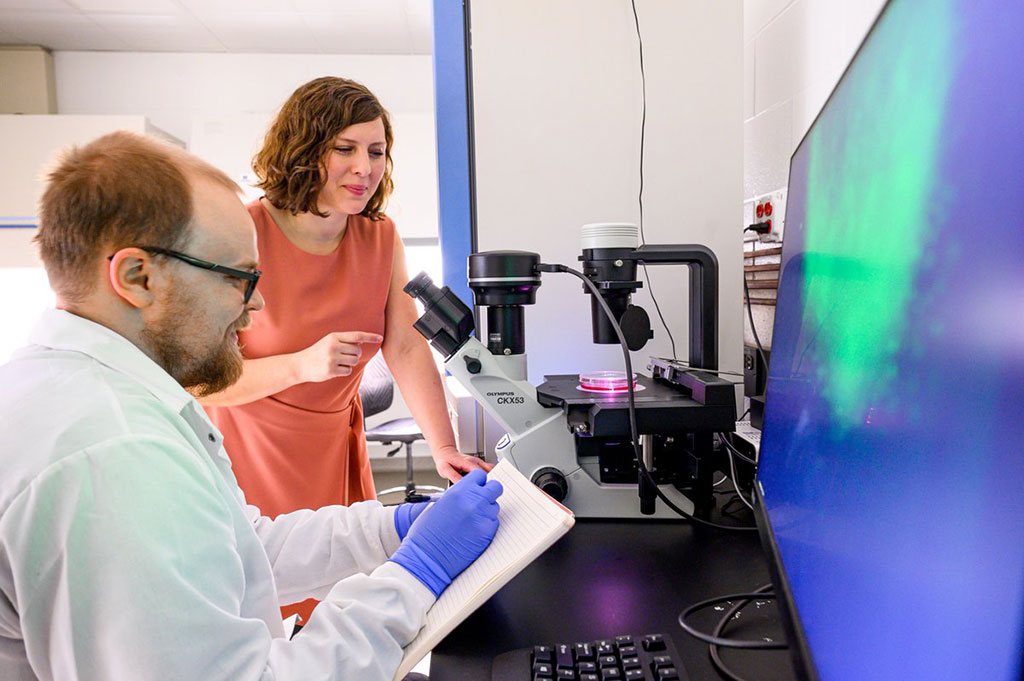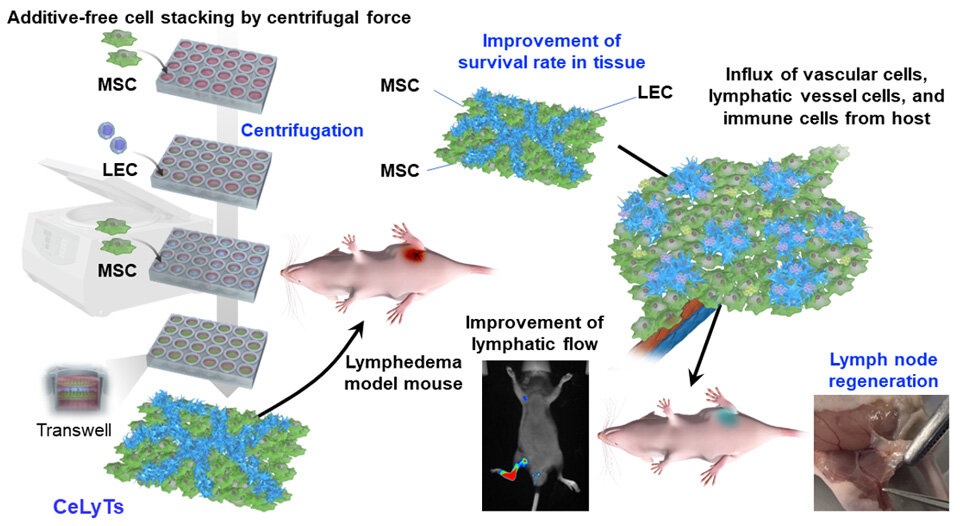Low-Cost, Portable Device Uses microRNA Technology to Diagnose Heart Attacks in Minutes
|
By HospiMedica International staff writers Posted on 07 Oct 2021 |

Researchers have developed a new sensor that could diagnose a heart attack in less than 30 minutes, according to a new study.
The low-cost, portable device developed by researchers from the University of Notre Dame’s College of Engineering (Notre Dame, IN, USA) and the University of Florida’s College of Medicine (Gainesville, FL, USA) could prove to be a boon for health care professionals as it takes them hours to diagnose a heart attack. Initial results from an echocardiogram can quickly show indications of heart disease, but to confirm a patient is having a heart attack, a blood sample and analysis is required. Those results can take up to eight hours.
By targeting three distinct types of microRNA or miRNA, the newly developed sensor can distinguish between an acute heart attack and a reperfusion - the restoration of blood flow, or reperfusion injury, and requires less blood than traditional diagnostic methods to do so. The ability to differentiate between someone with inadequate blood supply to an organ and someone with a reperfusion injury is an unmet, clinical need that this sensor addresses.
“The current methods used to diagnose a heart attack are not only time intensive, but they also have to be applied within a certain window of time to get accurate results,” said Pinar Zorlutuna, Sheehan Family Collegiate Professor of Engineering at Notre Dame. “Because our sensor targets a combination of miRNA, it can quickly diagnose more than just heart attacks without the timeline limitation.”
“The technology developed for this sensor showcases the advantage of using miRNA compared to protein-based biomarkers, the traditional diagnostic target,” said Hsueh-Chia Chang, Bayer Professor of Chemical and Biomolecular Engineering at Notre Dame. “Additionally, the portability and cost efficiency of this device demonstrates the potential for it to improve how heart attacks and related issues are diagnosed in clinical settings and in developing countries.”
Related Links:
University of Notre Dame
University of Florida
Latest Critical Care News
- Bioadhesive Patch Eliminates Cancer Cells That Remain After Brain Tumor Surgery
- Wearable Patch Provides Up-To-The-Minute Readouts of Medication Levels in Body
- New Spray-Mist Device Delivers Antibiotics Directly into Infected Tissue
- Living Implant Could End Daily Insulin Injections
- Intelligent Camera System Continuously Monitors Premature Babies in NICU
- Intranasal Spray to Prevent Illnesses from Respiratory Viruses
- Gut Bacteria from Amphibians and Reptiles Show Complete Tumor Elimination
- High-Dose Inhaled Nitric Oxide Emerges as Promising Antimicrobial Therapy
- AI Risk Prediction Tool Improves Treatment of Cancer Patients after Heart Attack
- Glowing Bacterial Sensors Could Improve Detection of Gut Illness
- Innovative ‘Poop Pills’ Dramatically Improve Cancer Treatment

- New Nanomaterial Kills Cancer Cells While Sparring Healthy Tissues
- AI Model Accurately Predicts Neurological Recovery After Cardiac Arrest
- Battery-Free Nano-Sensors Pave Way for Next-Generation Wearables
- Imaging Technology Detects Early Signs of Cardiovascular Risk Through Skin
- New Therapeutic Approach Marks Breakthrough in Pediatric Heart Disease
Channels
Artificial Intelligence
view channelSurgical Techniques
view channel
Surgical Innovation Cuts Ovarian Cancer Risk by 80%
Ovarian cancer remains the deadliest gynecological cancer, largely because there is no reliable screening test, and most cases are diagnosed at advanced stages. Thousands of patients die each year as treatment... Read more
New Imaging Combo Offers Hope for High-Risk Heart Patients
Patients with type 2 diabetes often develop complex, severe coronary artery disease involving multiple narrowed or blocked arteries, making complete revascularization difficult. Without detailed functional... Read morePatient Care
view channel
Revolutionary Automatic IV-Line Flushing Device to Enhance Infusion Care
More than 80% of in-hospital patients receive intravenous (IV) therapy. Every dose of IV medicine delivered in a small volume (<250 mL) infusion bag should be followed by subsequent flushing to ensure... Read more
VR Training Tool Combats Contamination of Portable Medical Equipment
Healthcare-associated infections (HAIs) impact one in every 31 patients, cause nearly 100,000 deaths each year, and cost USD 28.4 billion in direct medical expenses. Notably, up to 75% of these infections... Read more
Portable Biosensor Platform to Reduce Hospital-Acquired Infections
Approximately 4 million patients in the European Union acquire healthcare-associated infections (HAIs) or nosocomial infections each year, with around 37,000 deaths directly resulting from these infections,... Read moreFirst-Of-Its-Kind Portable Germicidal Light Technology Disinfects High-Touch Clinical Surfaces in Seconds
Reducing healthcare-acquired infections (HAIs) remains a pressing issue within global healthcare systems. In the United States alone, 1.7 million patients contract HAIs annually, leading to approximately... Read moreHealth IT
view channel
EMR-Based Tool Predicts Graft Failure After Kidney Transplant
Kidney transplantation offers patients with end-stage kidney disease longer survival and better quality of life than dialysis, yet graft failure remains a major challenge. Although a successful transplant... Read more
Printable Molecule-Selective Nanoparticles Enable Mass Production of Wearable Biosensors
The future of medicine is likely to focus on the personalization of healthcare—understanding exactly what an individual requires and delivering the appropriate combination of nutrients, metabolites, and... Read moreBusiness
view channel
Medtronic to Acquire Coronary Artery Medtech Company CathWorks
Medtronic plc (Galway, Ireland) has announced that it will exercise its option to acquire CathWorks (Kfar Saba, Israel), a privately held medical device company, which aims to transform how coronary artery... Read more
Medtronic and Mindray Expand Strategic Partnership to Ambulatory Surgery Centers in the U.S.
Mindray North America and Medtronic have expanded their strategic partnership to bring integrated patient monitoring solutions to ambulatory surgery centers across the United States. The collaboration... Read more
FDA Clearance Expands Robotic Options for Minimally Invasive Heart Surgery
Cardiovascular disease remains the world’s leading cause of death, with nearly 18 million fatalities each year, and more than two million patients undergo open-heart surgery annually, most involving sternotomy.... Read more
















